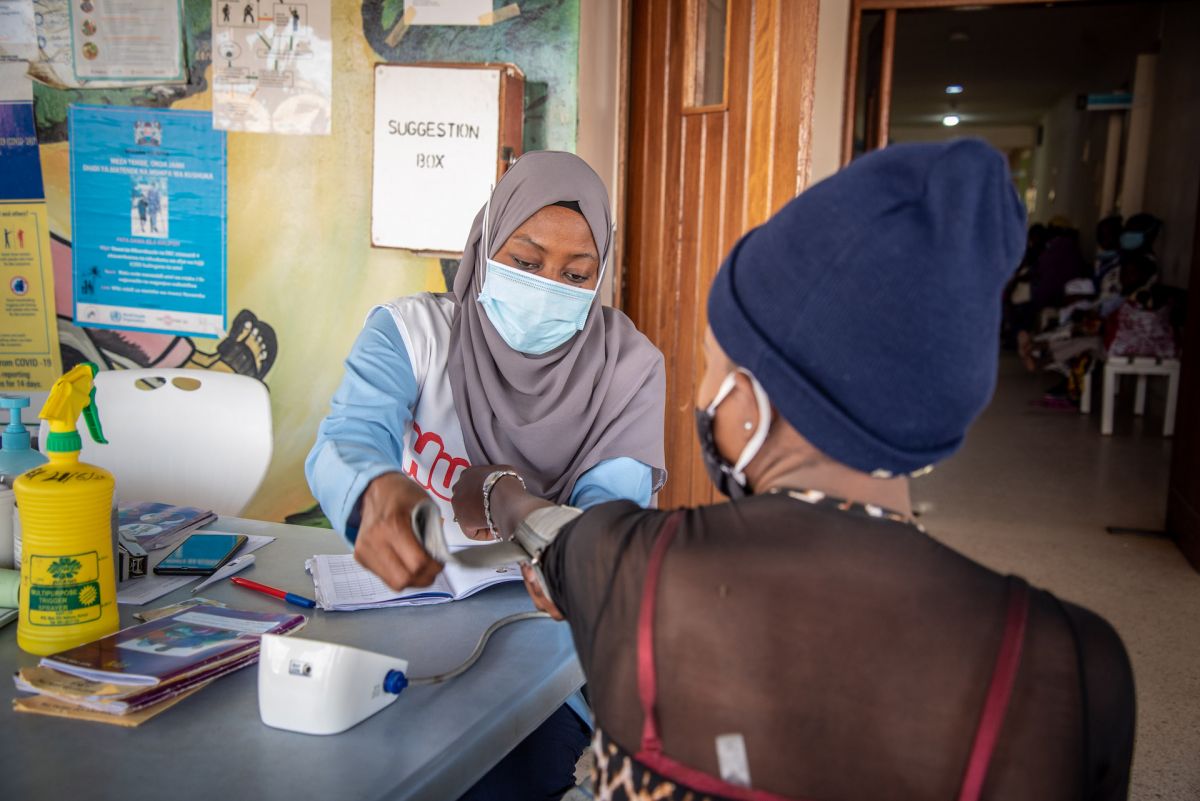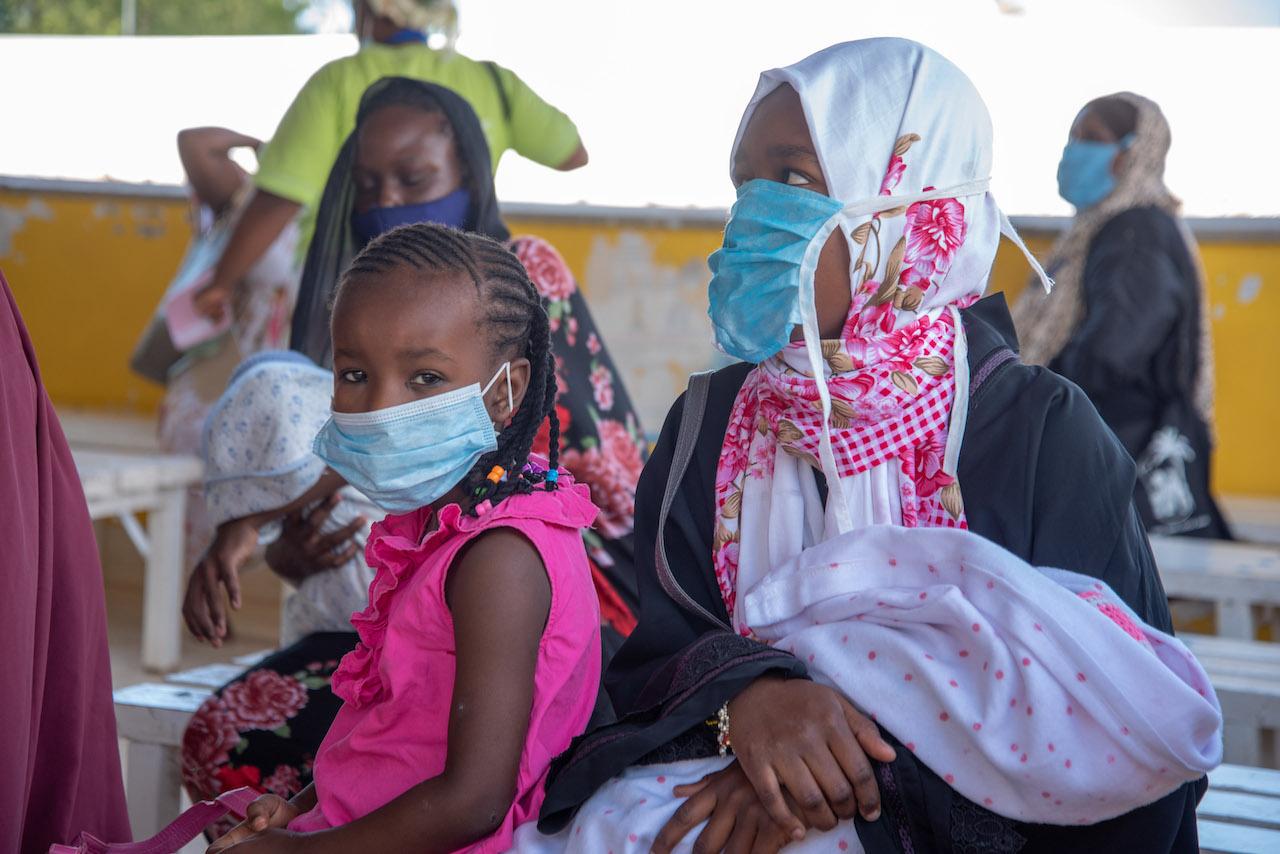When the COVID-19 pandemic started ravaging through the country mid this year, the Kenyan government ordered strict containment measures, including a dusk-to-dawn curfew, closure of social establishments and cessation of movements in some of the counties, Mombasa being one of them.
The impact of the pandemic and the government directives on the population, especially on the most vulnerable individuals, could only be perceived. Many were believed to have lost jobs and sources of livelihoods, while there were increased reports of sexual and gender-based violence, as well as teenage pregnancies. For this reason, Médecins Sans Frontières (MSF) decided to conduct a rapid needs assessment in Likoni to determine the impact of the disease and the containment measures on the populations in Likoni Sub County, focusing on Timbwani Ward, being the most populated and the area that MSF works in.
This was done with a view of finding out any major gaps in knowledge, attitudes and practices, as well as detecting any issues related to access to services, in order to determine the best courses of action to ensure good physical and mental health of the residents of Likoni. At the time of the assessment, 1,658 confirmed cases of COVID-19 had been recorded in Mombasa, 220 of which in Likoni.
The report indicated that COVID-19 had a major negative impact on the population of Likoni in various ways, with the top ones being: lack of cash and scarcity of food in the households occasioned by job losses and loss of livelihoods; mental health issues exacerbated by stress; child protection issues, as children stayed home due to the closure of schools; and increased incidences of domestic and sexual violence.
How could we get money to pay the rent when finding the little money to buy food is a grueling task?
Thirty-two-year-old Mwanahamisi Suleiman lost her housekeeping job in Voi when COVID-19 hit the country. Deeply distraught, she had to go back home to Likoni, Mombasa county, to stay home with her husband who, being asthmatic, was at risk of developing complications from COVID-19 and had to stay fully at home. However, this was not the only reason he stayed home. “He was working with one of the logistical companies, but was discharged of duty due to dwindling business returns,” says the mother of four.
Amid the struggles to cater for their four children, Suleiman resorted to doing menial jobs, insomuch as she could continue to support her family. Today, she tends her friend’s mini kiosk shop whenever she’s called upon. She says she’s lucky to have inherited their house from her parents, “otherwise where would we sleep? How could we have got money to pay the rent when finding the little money to buy food is a grueling task?”
“While the numbers of new COVID-19 cases have reduced significantly since we conducted this assessment, most of the issues outlined in the findings have remained the same or even worsened. For instance, lack of food and cash in the households, COVID-19 related stigma, child protection issues, inadequate coverage of sexual and reproductive health services tailored for adolescents and youth, and SGBV,” says Andrea Isenegger, the project coordinator for MSF in Likoni.
The assessment was conducted via phone interviews and focus group discussions (FGDs) with representatives from various levels of the society including community health volunteers, community administrative leaders, patients with chronic illnesses, and the youth.

Even though some of the issues, especially those related to sexual and reproductive health are covered by the scope of our operations, others suffer from inadequate coverage, yet the impact on the physical and mental health of the populations could be significant
As the government shifts its strategy towards home-based care for asymptomatic or mildly symptomatic patients, more than 74% of the respondents expressed willingness to consider home-based care, while those who did not consider it cited fear of infecting their own family members, lack of isolation capacity due to the nature of their houses and living – for instance Swahili houses – and lack of expertise by caregivers. However, despite the wide acceptance of home-based care, the FGDs concluded that many households would not meet the criteria.
“Even though some of the issues, especially those related to sexual and reproductive health are covered by the scope of our operations, others suffer from inadequate coverage, yet the impact on the physical and mental health of the populations could be significant,” adds Isenegger.
MSF has presented the findings to various stakeholders including the ministry of health and other partners and is currently continuing with engagements to find a proper intervention into some of the most crucial gaps identified from the study.
